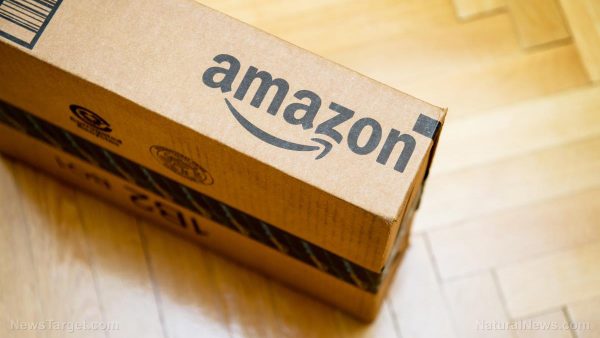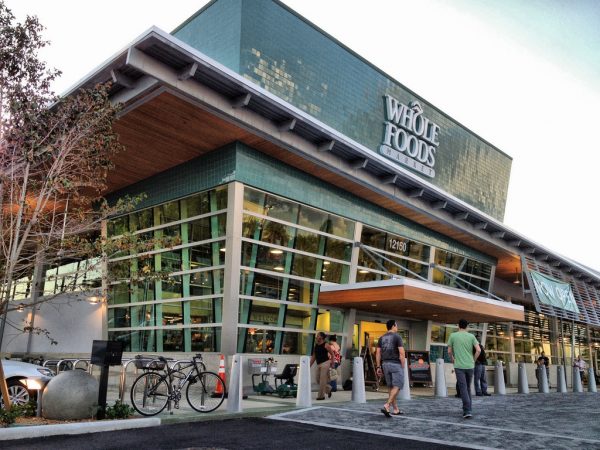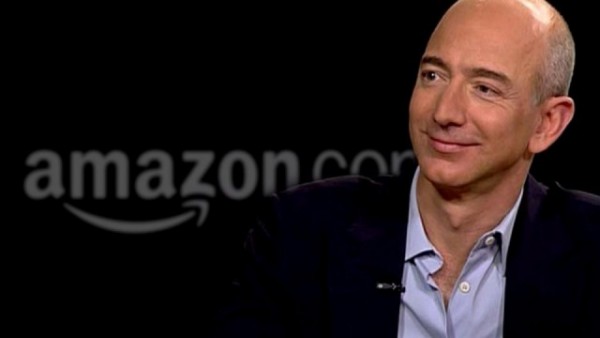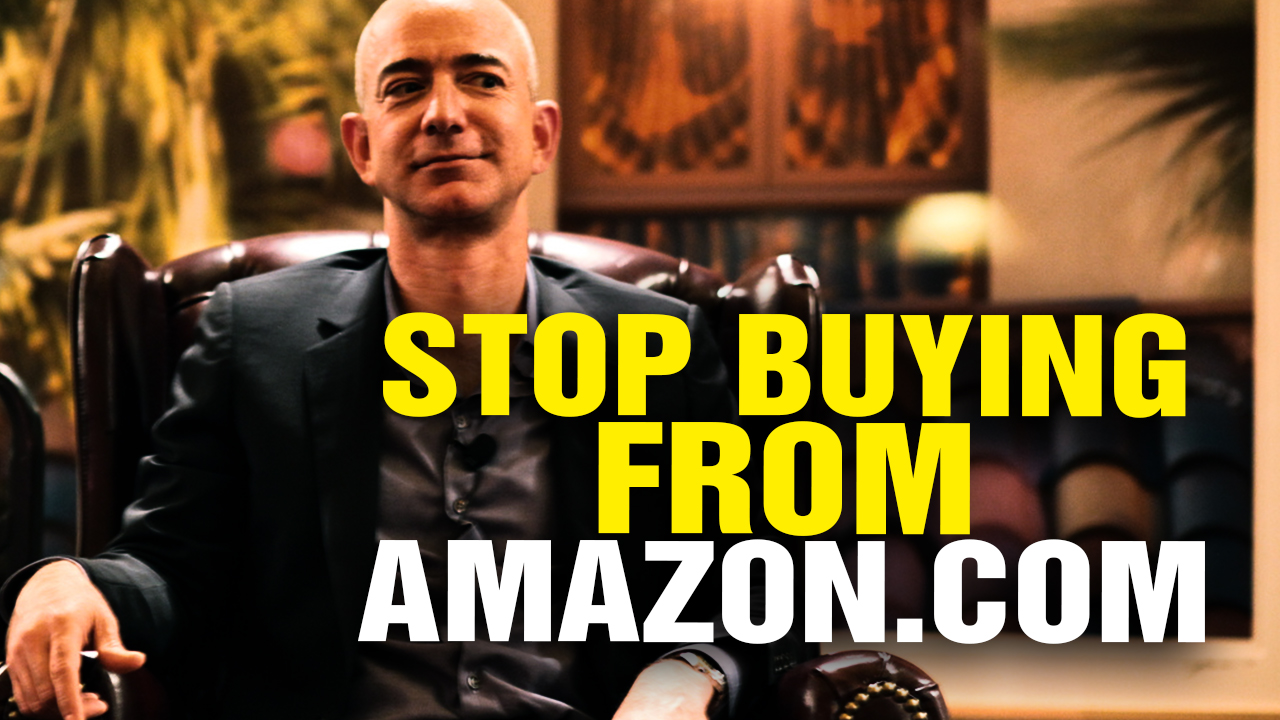Will Amazon’s purchase of Whole Foods NULLIFY the retailer’s promise to label all GMOs by 2018?
09/06/2017 / By Isabelle Z.
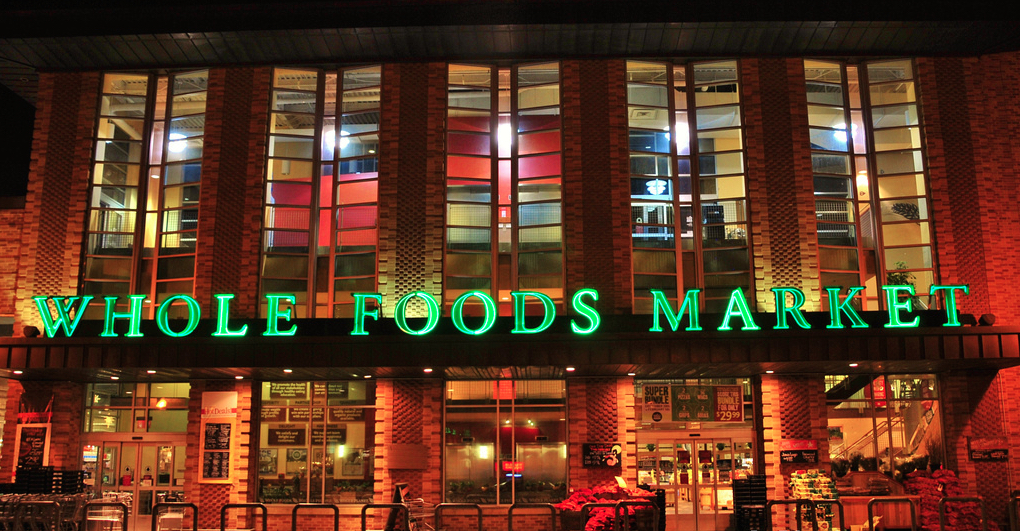
Now that Amazon has taken over Whole Foods, there are lots of questions about how things will change at the chain’s many food stores. Their first move was to slash the prices on many grocery store staples, adding to the growing chorus of concern that competitors will be left in their dust. Meanwhile, Whole Foods workers have been wondering if they will be replaced by robots in keeping with Amazon’s fondness for replacing humans with automated systems. Another question that many people are asking is whether Whole Foods’ previous promise to label all GMOs by 2018 will be conveniently forgotten.
Back in 2013, the grocery chain promised that all GMOs in its stores would be labeled accordingly, but that is starting to look increasingly unlikely now that Amazon – and specifically Jeff Bezos – is in charge. Bezos owns the Washington Post, which frequently promotes GMO and pesticide companies’ interests and attacks those who question the safety of their products. Moreover, Amazon already sells countless food products that have unlabeled GMOs. Therefore, it’s not looking too good for people who shop at Whole Foods and were expecting to get that vital transparency in the coming months.
Many observers have pretty low expectations on this front given the blasé attitude that Amazon has toward product integrity, and Whole Foods hasn’t been faring much better recently in this regard. Independent testing has shown that products sold by both retailers have alarming levels of toxins like pesticides and heavy metals. Indeed, testing carried out by Natural News found the presence of neurotoxins like cadmium, mercury and lead in products such as bulk spices and protein powders. Executives at Whole Foods who were informed of this situation refused to correct it.
In addition, Whole Foods has been engaging in underhanded tactics like putting industrial chemical oils such as soy and canola in the foods at its salad bars and hot food bars. Many people walk into Whole Foods thinking that anything they buy there is a safe choice made with high-quality, natural ingredients, but the truth is that a lot of their offerings are about as good for you as standard grocery store fare.
Whole Foods customers will turn elsewhere
Whole Foods was already on shaky ground with truly health-conscious shoppers, and if they fail to deliver on this promise, they are going to be viewed very negativity by the very customer base they were originally conceived to cater to. They made the promise in response to overwhelming customer demand, and reneging on it is certain to backfire on them. Many people are already fed up with their tactics and seeking alternatives. Some are turning to independent, smaller health food stores that are run by people who are truly concerned about the integrity of what they sell, but if Whole Foods puts them out of business with its aggressively low pricing, there will be few other options.
People can grow their own food at home – even in a small apartment if they have the right equipment – and while that solves the problem of where to get organic produce, it doesn’t cover all the foods in a typical, well-rounded diet. Consumers might think that the new lower prices at Whole Foods are benefiting them, but those who are truly concerned about what they put in their body are probably going to end up losing out in the long run.
So far, there hasn’t been any official word on the matter. Of course, we can be optimistic and hope that Bezos will surprise us by keeping the GMO labeling promise that so many Whole Foods customers clamored for, but don’t hold your breath.
Sources include:
Tagged Under: Amazon, food labels, GMO labeling, GMOs, Jeff Bezos, organic produce, Whole Foods




